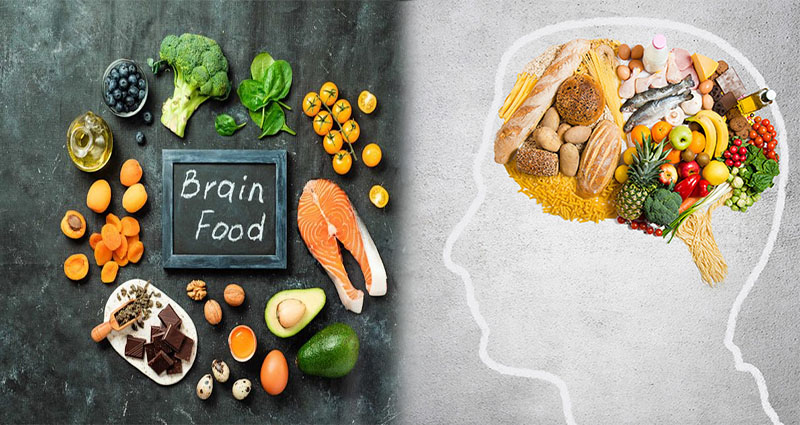The brain responds to exercise by increasing the levels of certain nutrients. For example, exercise increases the levels of the amino acid tryptophan. In addition, it increases the amount of unbound tryptophan and elevates its ratio with BCAA. This, in turn, increases 5-HT concentrations in the brain. These events take place within the brain and can influence an individual’s performance and fatigue.
Neurotrophins
Neurotrophins are key components of the brain, and acute exercise can trigger them. Among these, brain-derived neurotrophic factor (BDNF) is one of the most susceptible to regulation by physical activity. This protein has neuroprotective properties and is involved in neuronal differentiation and synaptic plasticity. In animal studies, BDNF has also been shown to act as a neuroendocrine factor, reducing food intake and improving insulin sensitivity.
Neurotrophin receptors
In recent studies, it has been found that physical exercise can boost levels of neurotrophins, which are a group of neurotrophic factors. They are important for synaptic plasticity, neuronal survival, and brain health. However, the exact mechanisms by which exercise boosts neurotrophin levels remain elusive. The study aims to better understand how physical exercise affects neurotrophins in the brain and the effects of exercise on brain health.
Gut microbiota
Gut microbiota is a diverse group of bacteria that play a range of roles in the human body. They regulate hydration levels, immune function, and oxidative stress. Recent studies suggest that these bacteria can improve the function of the intestinal barrier and improve athletic performance. Increasing fiber intake is one way to improve gut health.
Dopamine
Exercise is a powerful way to increase levels of dopamine in the brain. The brain uses dopamine to regulate mood, reward and pleasure centers. When levels are high, we feel happy and motivated. When levels are low, we feel depressed, fatigued and sad.
Serotonin
Exercise and diet can support serotonin levels in the brain. Eating foods rich in tryptophan, which is required as a precursor to serotonin, can increase levels naturally. Tryptophan is found in foods like salmon, eggs, spinach, and seeds. Eating foods rich in tryptophan can also improve mood, energy, and sleep. The best foods to increase tryptophan levels are those high in protein and omega-3 fatty acids.
Oxytocin
Oxytocin is a hormone that increases happiness and can enhance mental clarity. It is produced in the brain when we feel loved and close to others. However, too much of it can lead to a range of negative effects. Excessive amounts of the hormone can lead to social isolation and xenophobia. It can also reduce cooperation. In addition, increasing oxytocin levels in the body may have adverse consequences for your relationship with others and your children.










